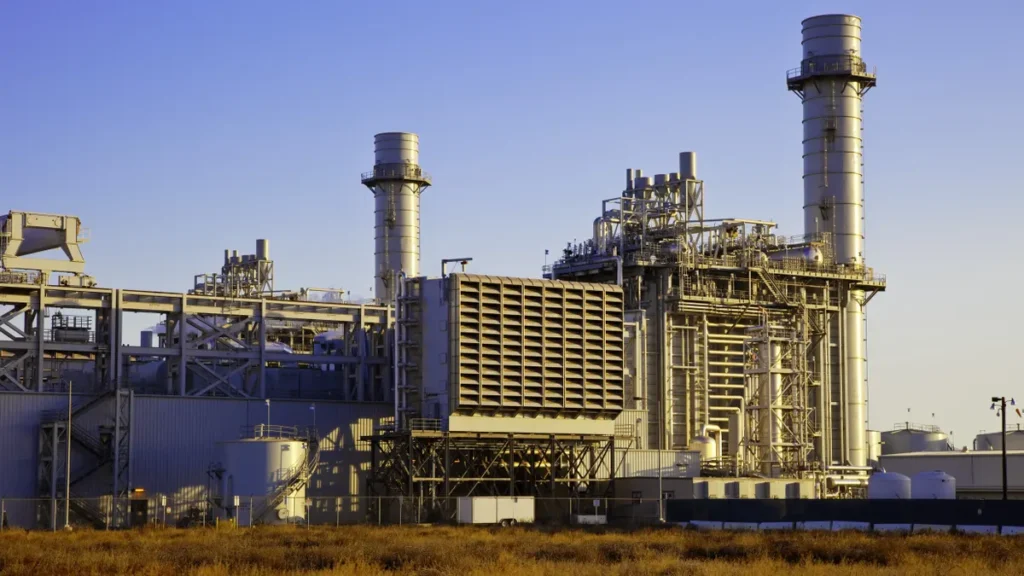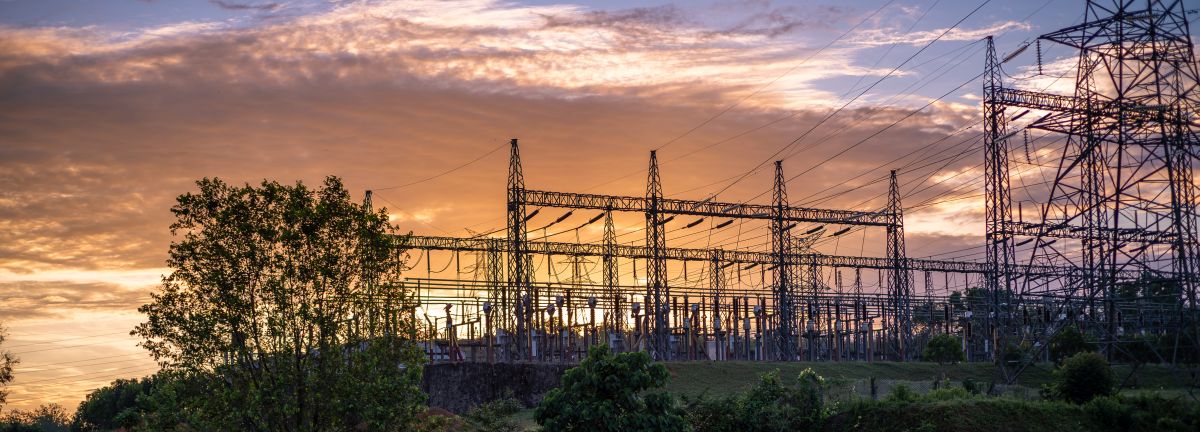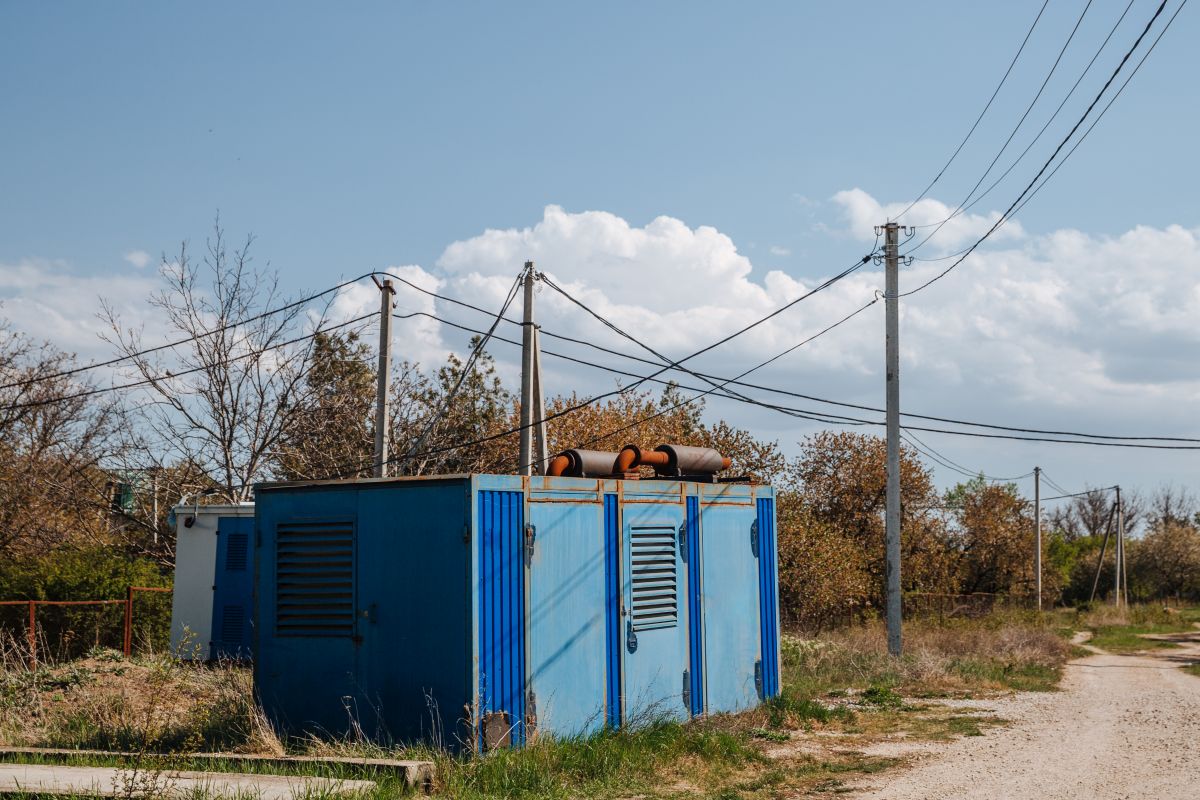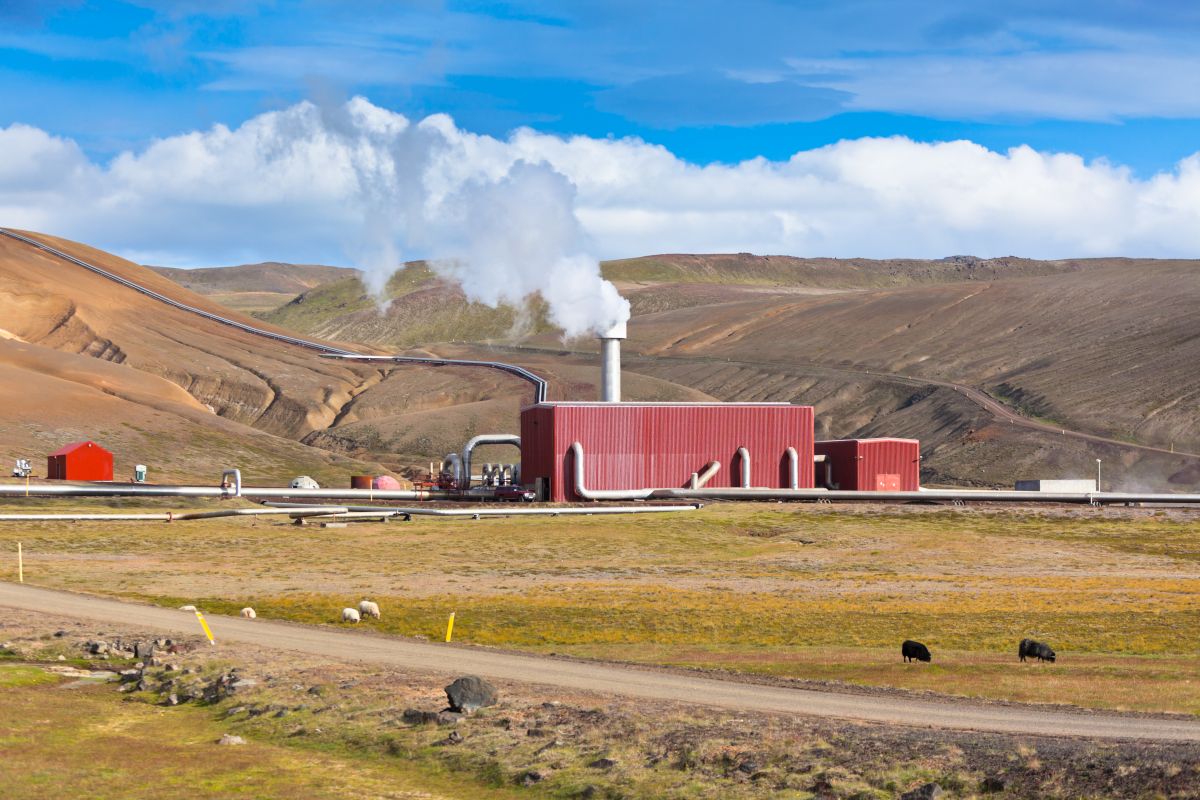WWW.UTILITYDIVE.COM
The Expedited Resource Addition Study proposal failed to limit the number of projects that could be considered, said Commissioners David Rosner and Lindsay See.
Federal regulators on Friday rejected the Midcontinent Independent System Operator’s plan to fast-track new generation interconnections, arguing the proposal lacked limits on the number of projects that could be considered.
MISO filed its Expedited Resource Addition Study process, or ERAS, in March, to provide a framework for the accelerated study of generation it said could address urgent resource adequacy and reliability needs. Under the proposal, projects entering the ERAS process would have been studied serially each quarter and granted an expedited interconnection agreement within 90 days.
But renewable energy stakeholders argued the proposal could add chaos “to an already complex process.”
In a 2-1 vote, FERC commissioners denied the proposal.
The ERAS proposal “places no limit on the number of projects that could be entered in the ERAS process, which could result in an ERAS queue with processing times for interconnection requests that are too lengthy to meet MISO’s stated resource adequacy and reliability needs,” Commissioners David Rosner and Lindsay See wrote in their decision.
MISO’s proposed tariff language, for example, did not limit the number of interconnection requests or total megawatts of interconnection requests that are eligible to enter the ERAS queue, they noted.
“MISO proposes up to 14 opportunities to enter the ERAS process through 2028, which could further impede MISO’s ability to process ERAS requests on an expedited basis,” according to the decision.
FERC Chairman Mark Christie dissented, though he said he did not disagree with the majority’s criticism.
“I am willing, however, to extend to both the states and MISO a trust that they would implement the ERAS proposal in a manner that would promote the construction of badly needed generation capacity that serves resource adequacy and reliability,” Christie wrote. “One thing we know with no need for further proof: This country, including MISO, is heading for a reliability crisis caused by early retirements of dispatchable resources coupled with the failure to construct sufficient equivalent capacity, all while demand rises at an unprecedented pace largely driven by data center growth.”
The MISO region has less supply capacity available now than it did last summer due to generator retirements and less firm imports and “could face supply shortfalls during above-normal peak demand,” North American Electric Reliability Corp. said Wednesday in its annual 2025 Summer Reliability Assessment. MISO officials have said they expect peak demand may reach nearly 123 GW, but they say there is about 138 GW of regularly available generation expected across the operating footprint.
MISO is reviewing the commission’s decision and “determining our appropriate next steps,” a spokesperson for the grid operator said.












